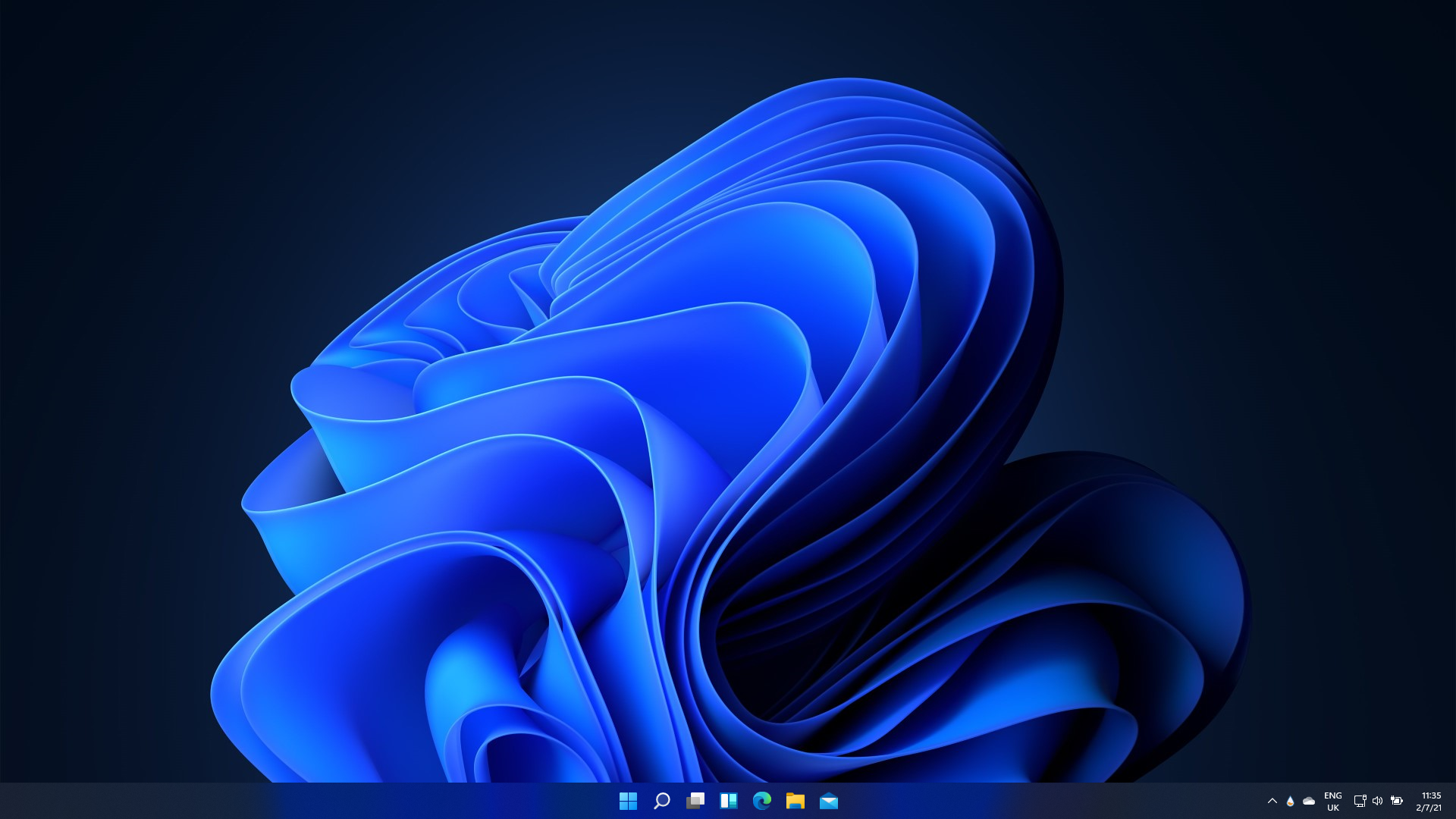Intel’s ‘Thread Director’ will boost CPU performance on Windows 11
This technology will be embedded in the next generation of 10nm hybrid Alder Lake desktop processors


Sign up today and you will receive a free copy of our Future Focus 2025 report - the leading guidance on AI, cybersecurity and other IT challenges as per 700+ senior executives
You are now subscribed
Your newsletter sign-up was successful
Intel has revealed how its Thread Director technology, set to be embedded in its 12th-Gen Alder Lake processors, will pave the way for faster performance on Windows 11 systems.
This forthcoming CPU has been widely anticipated because it’ll be the first line of desktop processor to be modelled on a hybrid architecture that combines eight small, high-efficiency Gracemont cores and eight big, high-performance Golden Cove cores.
The Thread Director has been designed to ensure this particular configuration works in tandem with Windows 11, which Alder Lake CPUs have been configured specifically for. It takes a unique approach to scheduling to ensure that both types of core work together, with workloads intelligently assigned from the start.
The system will, therefore, be optimised for maximum real-world performance and efficiency, with the Thread Director working with the operating system to place the right thread on the right core as and when necessary.
“Today, we unveiled our biggest shifts in Intel® architectures in a generation,” said Intel senior vice president and general manager of the Accelerated Computing Systems and Graphics Groups, Raja Koduri.
“This includes the first in-depth look at Alder Lake, our first performance hybrid architecture with two new generations of x86 cores and the intelligent Intel® Thread Director workload scheduler.”
Thread Director monitors the runtime instruction mix of each thread, as well as the state of each core, within nanoseconds. It also provides runtime feedback to the operating system to make the optimal scheduling decision for any workload. Finally, according to an Intel presentation, it adapts its guidance based on factors like temperature, operating conditions and power settings, without user input.
Sign up today and you will receive a free copy of our Future Focus 2025 report - the leading guidance on AI, cybersecurity and other IT challenges as per 700+ senior executives
With this intelligent scheduler, Intel hopes that Windows 11 users can benefit from an unprecedented performance boost against using Alder Lake CPUs with other operating systems. In effect, it’ll also serve as an incentive for users to upgrade should they deploy a legacy or non-Windows operating system on a device fitted with an Alder Lake CPU.
While performance won’t suffer on systems such as Linux or Windows 10, only Windows 11 users can take advantage of the dynamic, intelligent Thread Director scheduler. Performance on alternative operating systems will be directed by a more static scheduler.
The firm raised eyebrows when it first raised the prospect of using a hybrid architecture for desktop CPUs, with sceptics doubting whether desktop CPUs would reap any benefit from using high-efficiency cores. This is because small, high-efficiency units are normally fitted into notebook CPUs to reduce power consumption and preserve battery life.
The configuration will be designed in a similar way to ARM’s big.LITTLE architecture, which is normally used in mobile devices, but this setup hasn’t yet been deployed in desktop PCs.

Keumars Afifi-Sabet is a writer and editor that specialises in public sector, cyber security, and cloud computing. He first joined ITPro as a staff writer in April 2018 and eventually became its Features Editor. Although a regular contributor to other tech sites in the past, these days you will find Keumars on LiveScience, where he runs its Technology section.

